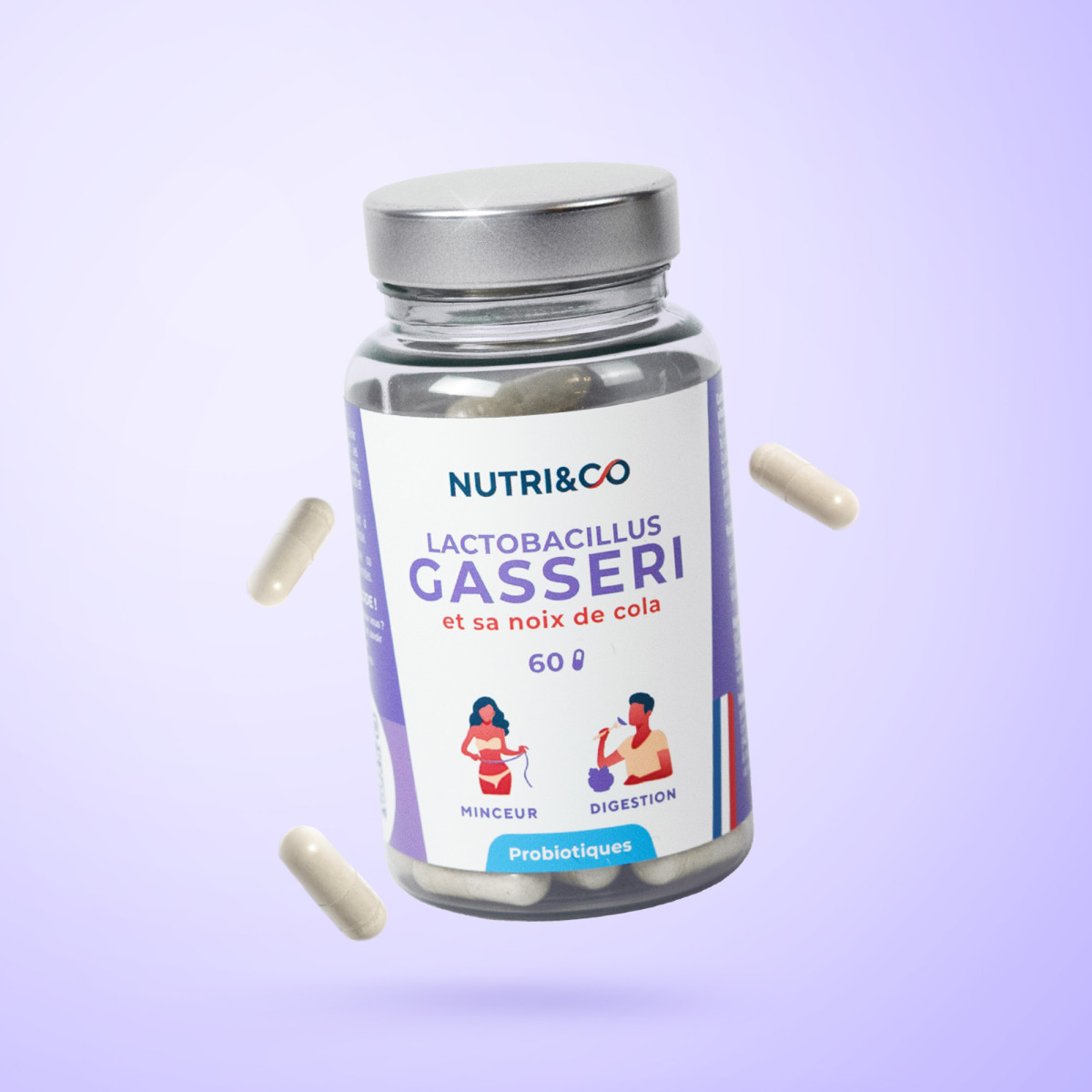
(1021)
Lactobacillus Gasseri
€19.90
- 12 billion CFU per serving
- Digestive wellness
- Cola nut to support weight loss
Lactobacillus Gasseri
€19.90
Paiement
sécuriséLivraison offerte
dès 69€ d'achatLivraison
en 48hFaites des
économiesParrainer
un procheRécompenses
fidélité









